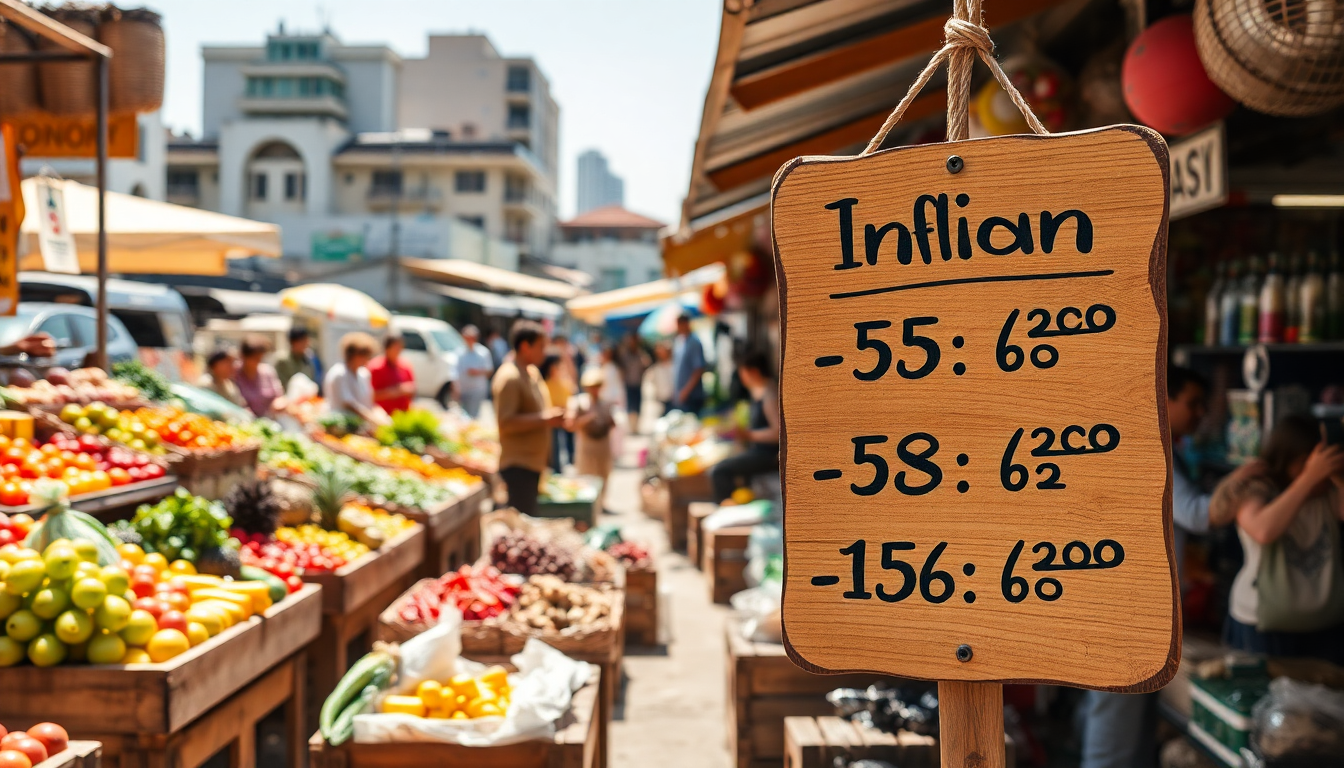Table of Contents
Have you noticed how prices seem to be climbing everywhere? In the latest economic update, consumer prices have shot up by a surprising 3.6 percent year-on-year, which is a shift from the 3.4 percent we saw back in May. This unexpected rise has caught analysts off guard, who were largely expecting inflation to hold steady. What does this mean for us moving forward, especially when it comes to monetary policies and government strategies?
The Current Inflation Landscape
The recent inflation data is a wake-up call for the Bank of England (BoE), reminding them of the tough job they have in keeping inflation down to their target level. With consumer prices on the rise, the BoE is now faced with tough decisions about interest rate adjustments in the upcoming Monetary Policy Committee meeting scheduled for August. Just a few months ago, they hinted that inflation might tick up during the summer due to changes in energy pricing that kicked in back in April. But did anyone expect it to go this high?
Market experts are predicting that inflation could peak around September, before starting to ease off, largely because of some underlying economic weaknesses. This creates a bit of a juggling act: while the government is hoping for lower interest rates to lighten the load of debt repayments, rising inflation makes this a tricky goal to achieve. It seems like there’s not much room for flexibility here, doesn’t it?
The Broader Economic Context
But it’s not just inflation that’s raising eyebrows; there are growing concerns about the job market as well. Many are bracing for a potential rise in unemployment in the upcoming labor market data. This highlights the delicate tightrope policymakers are walking—where rising prices could not only dampen consumer spending but also lead to more job losses. Isn’t it concerning how one issue can ripple through the economy?
On the global stage, things are just as complicated. Recent comments from the Russian leader at the St. Petersburg International Economic Forum, where he insisted that a recession “is not to be allowed under any circumstances,” show the international pressures that could further complicate local economies. Central bank leaders from countries like China and the United States are also calling for teamwork to tackle the widening trade gap, which poses a serious risk to global economic stability. How interconnected are our economies, really?
Looking Ahead: Predictions and Strategic Insights
As we navigate these turbulent waters, it’s vital for both policymakers and investors to stay alert. The way inflation interacts with interest rates and job market conditions will be key to shaping economic policy in the months ahead. For investors, being aware of these dynamics can reveal opportunities in sectors that tend to be resilient against inflation, like real estate and commodities. Are you ready to explore these options?
In summary, while rising inflation presents some significant hurdles, it also opens the door to new opportunities. Keeping a close watch on economic indicators and being flexible in our strategies will be crucial as the economic landscape continues to change. What will the future hold for us in this ever-evolving environment?


